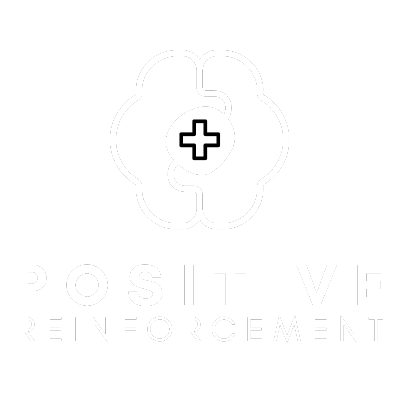An ABA Therapist’s Code of Ethics
An ABA Therapist’s Code of Ethics

If your child receives therapy from a Board Certified Behavior Analyst (BCBA) or a Registered Behavior Technician (RBT), you may wonder, “How do I know that our therapist is ethical?” Or perhaps you are vetting potential therapy providers and want to assess them for any potential red flags.
The Behavior Analyst Certification Board is the primary governing body for BCBAs. They have set forth two different series of rules regarding ethics, one for each of two different types of therapists. In addition, the American Counseling Association and the American Psychological Association have codes of ethics that may apply.
The Ethics Code for Behavior Analysts published by the Behavior Analyst Certification Board is a 19 page document. It is divided into six sections, but the first three may be the most relevant to you and your child’s interactions with them. These are:
Responsibility as a Professional
This section outlines the BCBA need to be truthful, follow the letter of the law, maintain competence through professional development, and more. They must keep relationships professional, remain nondiscriminatory, and recognize and challenge their own biases.
Responsibility in Practice
BCBAs are obligated to administer effective treatment and may implement specific services only if they have the formal training to do so. You, as the parent or guardian, have a right to inquire about their qualifications and education. Notably, behavior analysts must collect and interpret data in order to make decisions about therapy; no recommendations should be made or treatments planned without first assessing behavior. Therapists should be timely with the delivery of their services, protect the confidential information of your child or yourself, communicate clearly, and keep thorough documentation. In addition, they are required to obtain informed consent and maintain accurate billing.
Responsibility to Clients and Stakeholders
In this third section of the ethics code, there is an emphasis on putting the interests of the client first and identifying all stakeholders. There are also details on entering into service and financial agreements, making referrals, and advocating for clients.
Use the knowledge above to assess the practice of your ABA therapist, and conduct more research if you have concerns. Some issues may not become apparent until well into the delivery of the treatment plan. If issues arise, be communicative to address them, advocate for your child, and stay engaged to get the most out of ABA therapy.
Positive Reinforcement not only offers ABA therapy services for North Virginia, West Virginia including cities like Glen Allen Virginia, Winchester Virginia, Richmond Virginia. .










